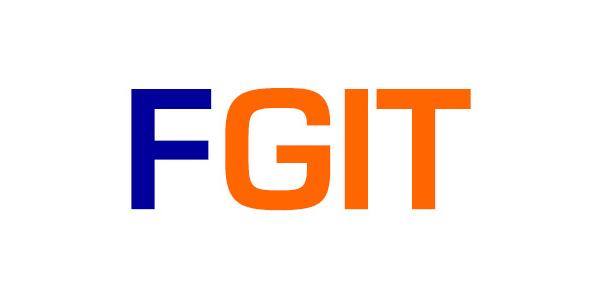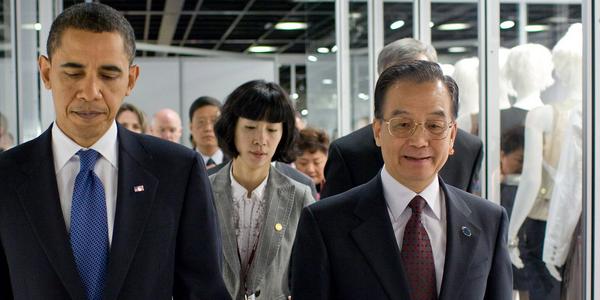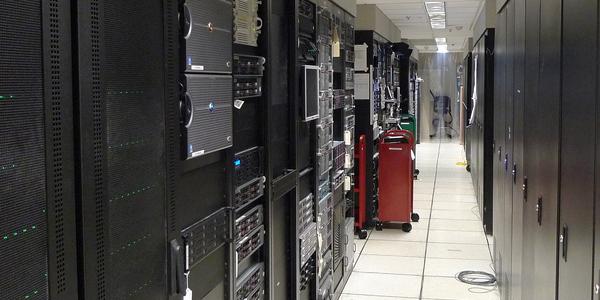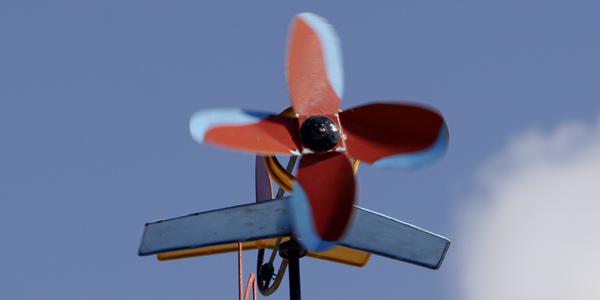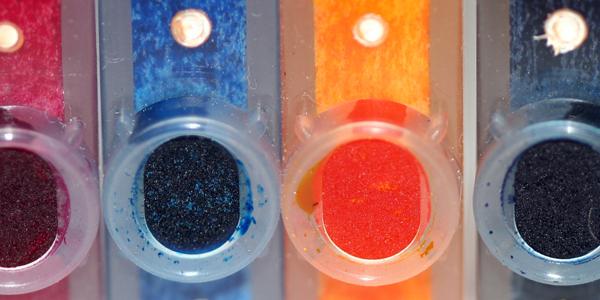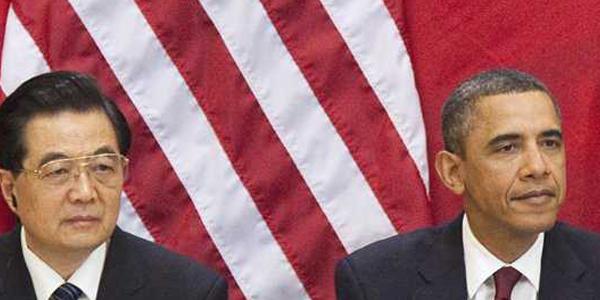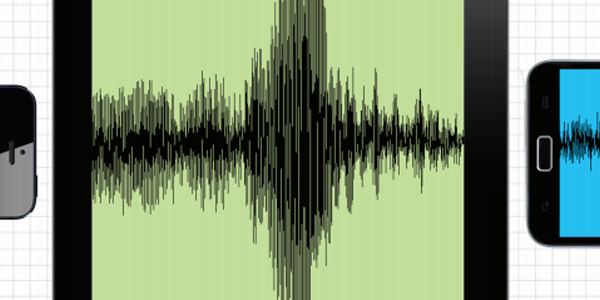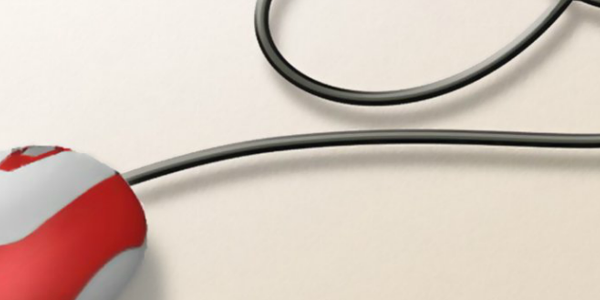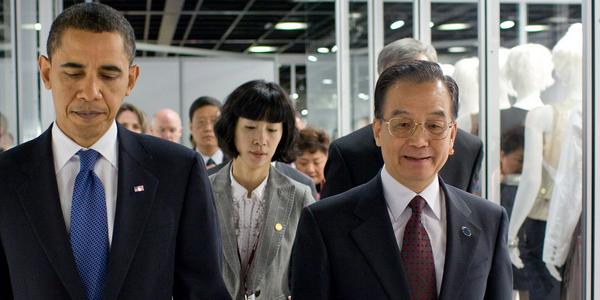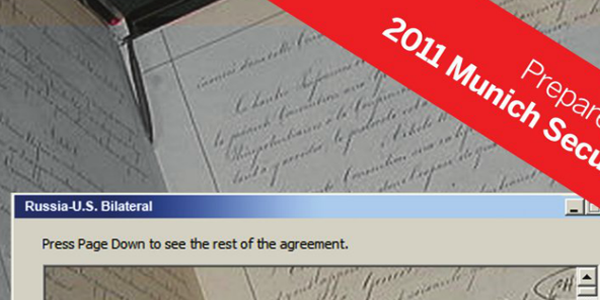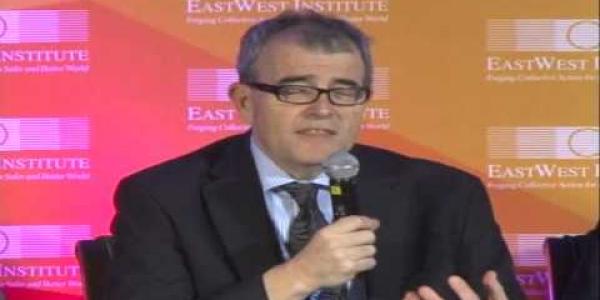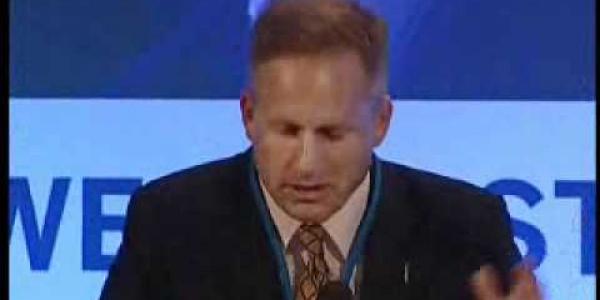Karl Frederick Rauscher was a Distinguished Fellow and the Chief Technology Officer of the EastWest Institute, serving its mission to convene strategic dialogue, reframe intractable problems, and mobilize resources for a safer, more stable and more secure cyberspace.
In leading the Institute's Worldwide Cybersecurity Initiative (WCI), he overseas strategic track 2 bilaterals among the world's cyber super powers (China, India, EU, Russia and the U.S.), pioneers policy for norms of behavior for cyber conflict, advances emergency preparedness for crises in cyberspace, and unleashes private sector leadership with innovative problem solving.
He recently led and authored reports for three major bilaterals: China-U.S. Fighting Spam to Build Trust, and Russia-U.S. Working Towards Rules of Cyber Conflict - Rendering the Geneva and Hague Conventions in Cyberspace, and Russia-U.S. Critical Terminology Foundations. He also led the IEEE Reliability of Global Undersea Communications Cable Infrastructure (ROGUCCI) Study, which provides guidance for improving the resilience of the critical international infrastructure that underpins the Internet. Consistent with the "think and do" character of the Institute, Karl works with stakeholders to champion the implementation of the recommendations associated with these reports.
Karl previously served as the Executive Director of the Bell Labs Network Reliability & Security Office of Alcatel-Lucent and is a Bell Labs Fellow, cited for the first achievement of “6 9’s” for a public network system (i.e. 99.9999% uptime), for being instrumental in shaping the post-September 11, 2001 U.S. strategy for communications infrastructure protection, and for being at the forefront in the development of hundreds of world-recognized consensus best practices. Karl has served as an advisor for senior government and industry leaders on five continents, including as vice chair of the U.S. President’s National Security Telecommunications Advisory Committee (NSTAC) industry executive committee and as leader of the European Commission-sponsored study on the Availability and Robustness of Electronic Communications Infrastructures (ARECI), whose guidance is serving as a catalyst for European information and communications technology security.
He is an inventor with over 50 patents/pending that span the fields of artificial intelligence, advanced software testing, critical infrastructure protection, emergency communications, energy and water conservation, audio performance optimization, telemedicine, cyber conflict policy, battlefield safety and resilient design. He has personally discovered over 1,000 software bugs in live networks, and facilitated the development of over 700 industry-consensus expert best practices in the U.S., China and Europe.
Karl is the founder and president of the non-profit Wireless Emergency Response Team (WERT), which led search and rescue efforts using advanced wireless technology in the disaster sites of September 11, 2001 and the 2005 Hurricane Katrina New Orleans flood. He serves as the chair-emeritus of the IEEE Communications Quality & Reliability (CQR) advisory board, which has advised the International Olympic Committee on ultra-high reliability and security; and serves on the strategic advisory board of Liquid Robotics, named one of the world's top 50 most innovative companies in 2012 by Fast Company. Karl independently continues to conduct advanced scientific and engineering research in the areas of information and communications technology reliability, robustness, resilience and security, and applies his approaches for governments and companies to meet their goals in these areas.


